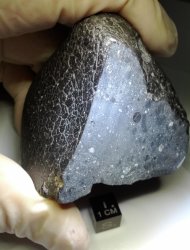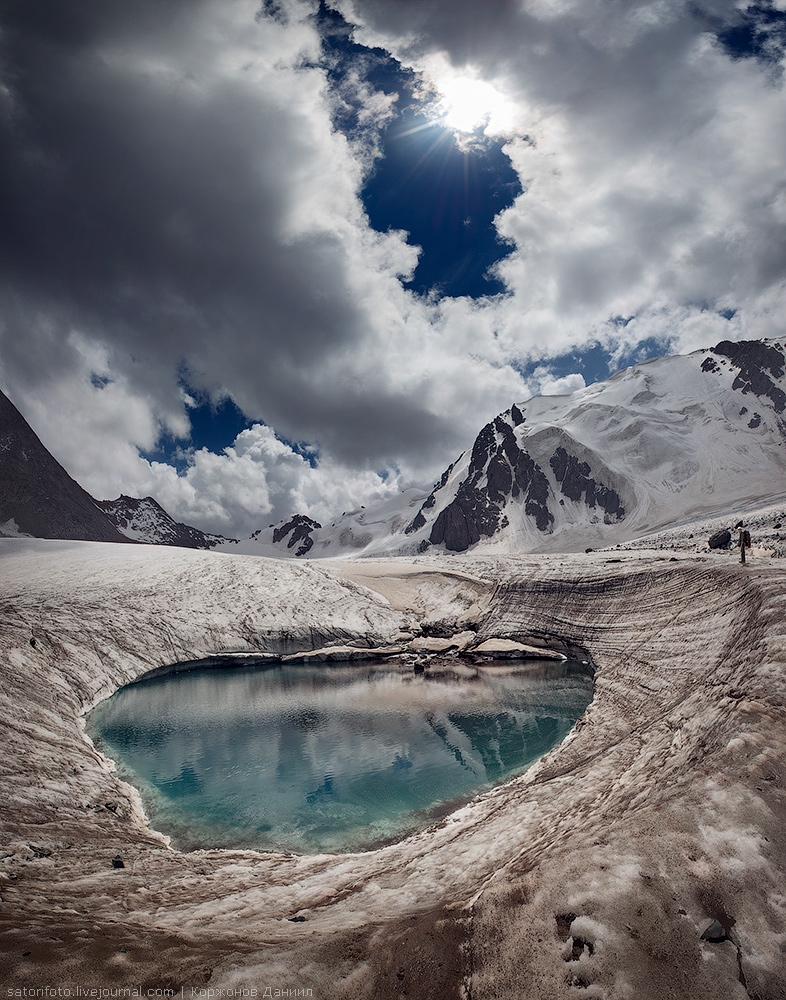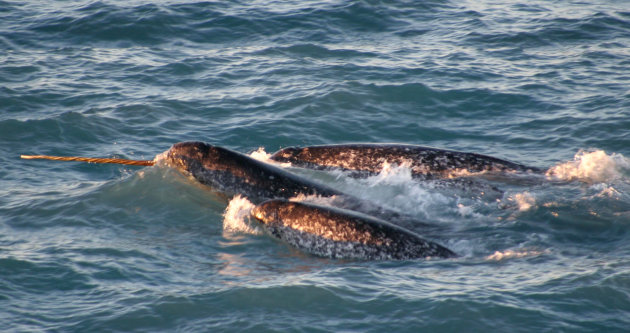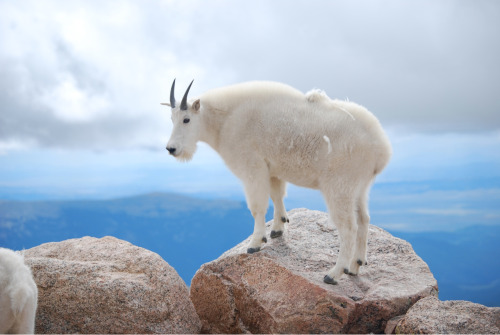Scientists are abuzz about a coal-colored rock from Mars that landed in
the Sahara desert: A yearlong analysis revealed it's quite different
from other
Martian meteorites.
Not only is it older than most,
it also contains more water, tests showed. The baseball-size meteorite,
estimated to be 2 billion years old, is strikingly similar to the volcanic rocks examined on the Martian surface by the NASA rovers Spirit and Opportunity, which found water-bearing minerals.
"Here we have a piece of Mars
that I can hold in my hands. That's really exciting," said Carl Agee,
director of the Institute of Meteoritics and curator at the University of New Mexico who led the study published online Thursday in the journal Science.

Most space rocks that fall to Earth as
meteorites come from the asteroid belt, but a number can be traced to the moon and Mars.
Scientists believe an asteroid or
some other large object struck Mars, dislodging rocks and sending them
into space. Occasionally, some plummet through Earth's atmosphere.
Short of sending a spacecraft or astronaut to the red planet to haul
back rocks, Martian meteorites are the next best thing for scientists
seeking to better understand how Earth's neighbor transformed from a
tropical environment to a frigid desert.
About 65 Martian rocks
have been recovered on Earth, mostly in Antarctica or the Sahara. The
oldest dates back 4.5 billion years to a time when Mars was warmer and
wetter. About half a dozen Martian meteorites are 1.3 billion years old
and the rest are 600 million years or younger.
The latest meteorite NWA 7034 —
nicknamed "Black Beauty"— was donated to the University of New Mexico
by an American who bought it from a Moroccan meteorite dealer last year.
Researchers performed a battery
of tests on the meteorite and based on its chemical signature confirmed
that it was blasted to Earth from Mars. At 2.1 billion years old, it's
the second-oldest known Martian meteorite that formed from a volcanic
eruption.
There's also evidence that it was
altered by water. Though the amount released during heating was small —
6,000 parts per million — it was still much more than other Martian
meteorites. Scientists said this suggested there was interaction with
water near the surface during a time when the planet was mostly dry and
dusty.
More tests are under way to determine how long the rock floated in space and how long it had been sitting in the Sahara.
University of Alberta meteorite
expert Chris Herd said the find was welcome since most Martian rocks
that rain on Earth tend to be younger. And the latest find does not
appear to be too contaminated, he said.
"It's fairly fresh. It hasn't been subjected to a whole lot of weathering," said Herd, who had no role in the research.
Rare Water-Rich Mars Meteorite Discovered
A rare Martian meteorite recently
found in Morocco in contains minerals with 10 times more water than
previously discovered Mars meteorites.
Read more










